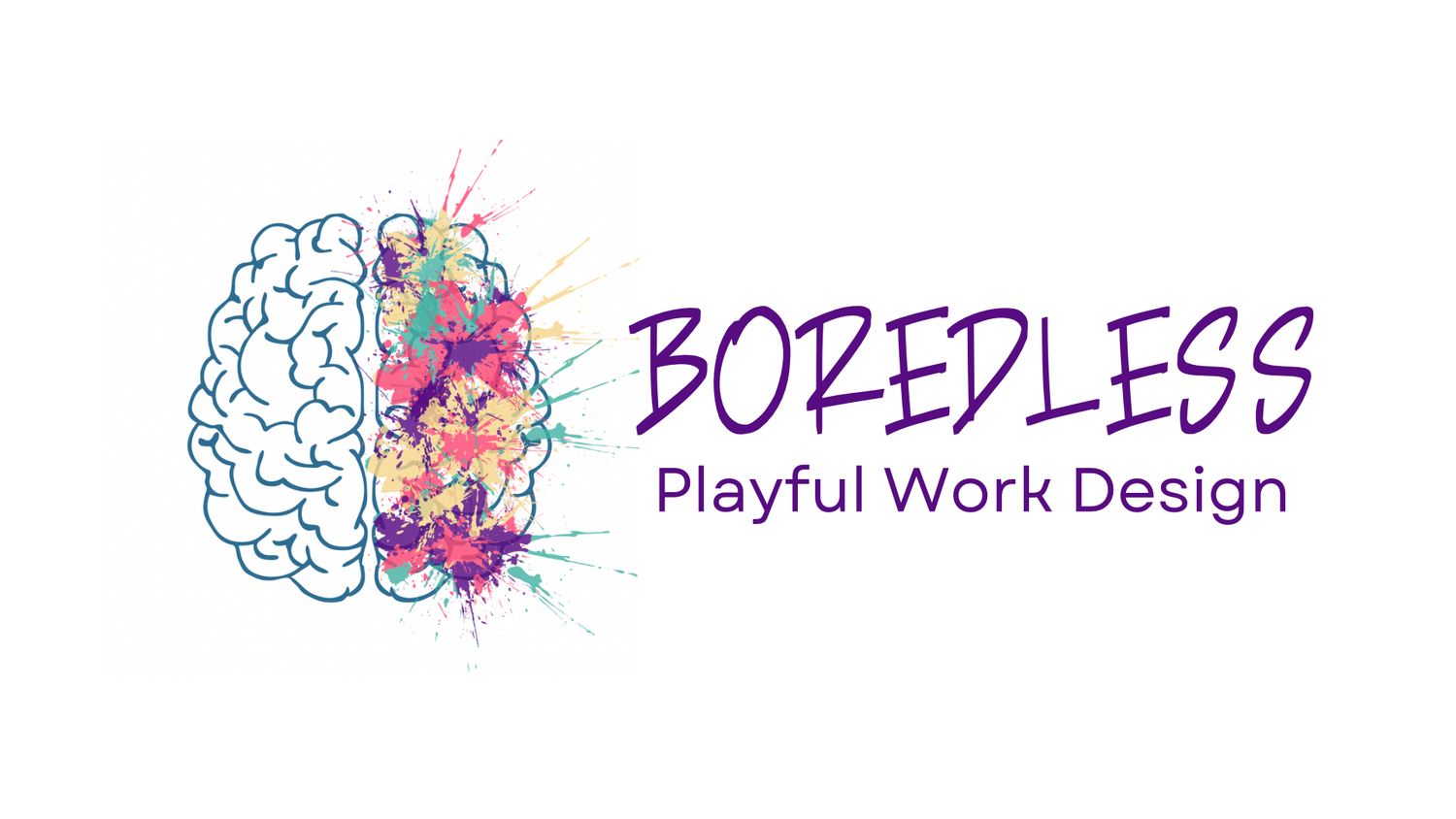The Secret to Overcoming Imposter Phenomenon
WE ARE LIVE! To purchase the course, click here!
The course has been beta tested by a diverse group.
A little bit of feedback from the beta testers so far!
“I loved the way you segmented the learning, led us through step by step, and then helped us put it together… I am excited about planning for play and rest- this was so valuable. And you've presented the theory clearly and in a way that won't scare off non-academics.”
“Your course is well designed. I liked the short videos.”
“LOVE learning about the science of this and LOVE that I can improve my ability to get into flow and to reduce IP. This really was useful, helpful, valuable… Thank you for creating this and sharing it, Acey - you're great!”
“I loved this course. I liked the short videos, the content, the exercises, the funny clips and pictures added to your videos. Overall, congratulations!”
When the feeling of "not being good enough" starts to insert itself into our daily routines, Imposter Phenomenon (IP) begins to derail our good work. Fortunately, neuroscientific studies have given us tools to reduce if not eliminate those intrusive IP feelings through the addition of playfulness in our personal and professional lives.
Acey Holmes has curated a course that shares deep research on the imposter phenomenon, playfulness, and flow. This on-demand, self-paced course consists of a workbook guide with about 50 minutes of short videos. It includes self-reflection activities and assignments to enhance your learning. There are many opportunities to play throughout the course (guided and unguided!). Participants will have access to direct group & 1:1 office hours with Acey. An opportunity to join a growing community of playful adults will also be available to participants.
Upon completion of the course, participants can expect
a better understanding of the imposter phenomenon (what it is and what it is NOT)
knowledge of the research on flow and playfulness and how they are related to the imposter phenomenon
to know how to get into flow (and why flow is beneficial)
to increase playfulness in their own personal and professional settings
